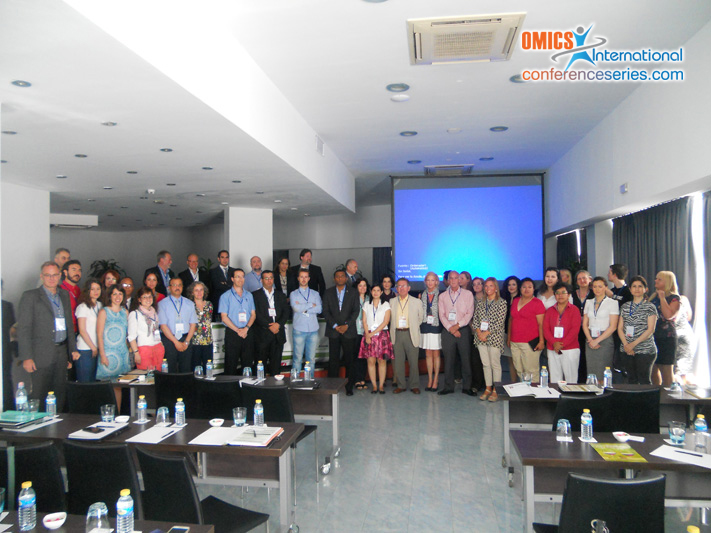
Anna Ardévol
Universitat Rovira i Virgili
Spain
Title: Effects of flavanols on the enteroendocrine system: Proanthocyanidins effects on food intake
Biography
Biography: Anna Ardévol
Abstract
Flavanols are plant-derived bioactive compounds for which several beneficial effects have been described. When ingested flavanols reach the gastrointestinal tract, where they can interact with the enteroendocrine cells and model the cell’s enterohormone secretion. Since one of the principal functions of the enterohormones is the regulation of food intake, we hypothesize that flavanols might modulate this function. Although there are some papers showing the effects of flavanols on the regulation of enterohormones, very few studies have addressed the specific effects at the food intake level. Working on rats, we defined a treatment with grape-seed derived proanthocyanidins that inhibits a 20% energy intake. We defined the minimal amount of extract required and the effective administration moment. We also showed that other proanthocyanidins reach extract, i.e. cacao derived, are not effective. The inhibition of food intake was found in healthy animals as well as in glucose-intolerant aged animals. Finally, we found that these effects on food intake are concomitant with changes in the food stimulated secretions of the enterohormones (active GLP-1, CCK and total ghrelin); and also with a decreased gastric emptying that could explain part of the inhibitory effects on food intake. In conclusion, proanthocyanidins derived from grape seed at the defined conditions could be used to design satiating agents useful to limit excessive food intake.




